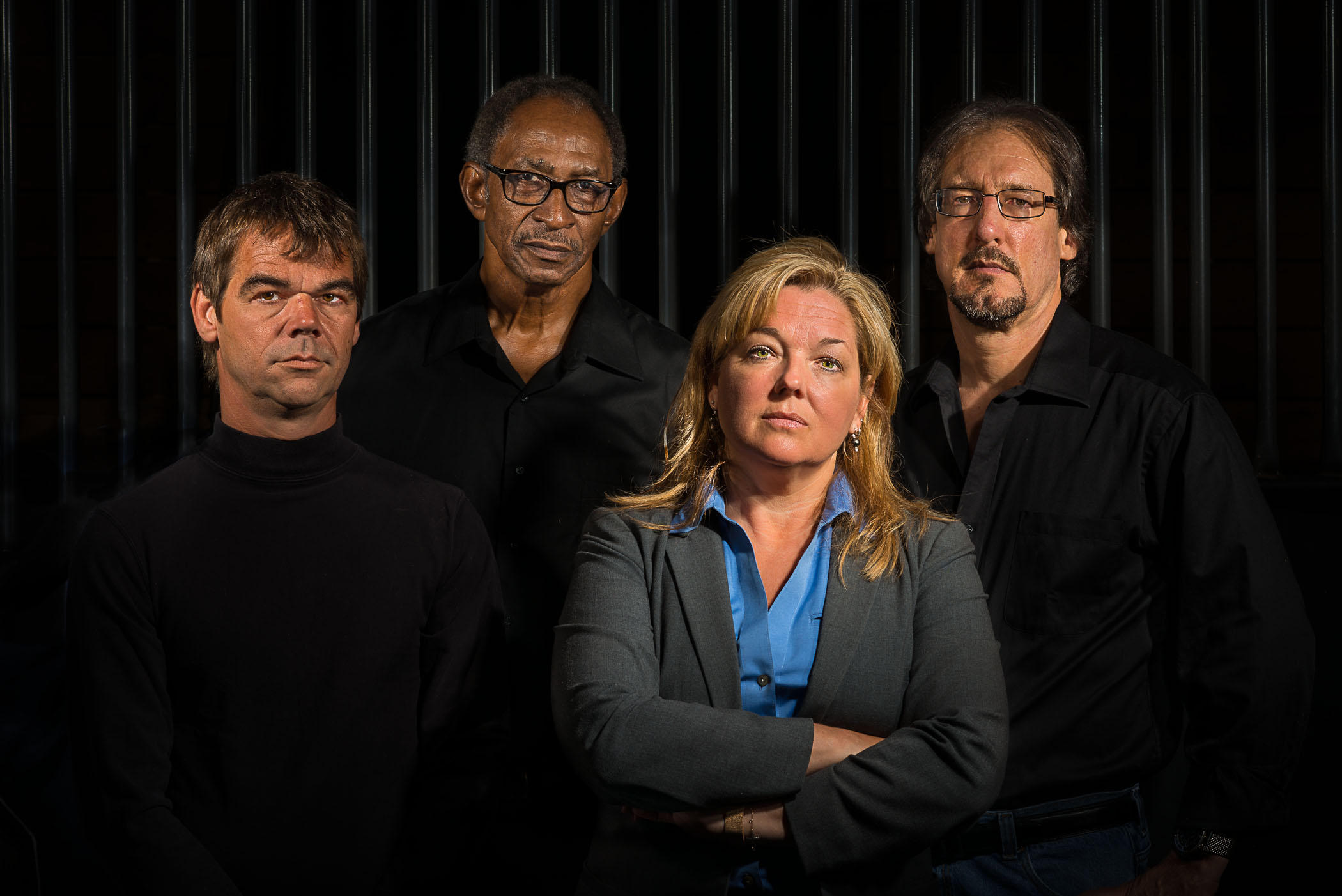

He might regiment his day, his month, his year, his decade, so as to automate them.

Or an inmate serving a long term might disengage entirely, might flee, as far as he could, his own senses. Now he no longer borrowed those clothes now those clothes belonged to him. If he worked in a sewing plant he tailored his own clothes, or stitched them with his initials, out of view of the guards. He collected books or photographs or letters or radios, and he protected his collections, sometimes ferociously.

He stuffed crumbs into his pockets and snuck them into his cell, to draw out mice, which he kept as pets. In the mess hall he ate precisely the same foods, or else deliberately did the reverse, never repeated a meal on consecutive days, simply to show that he could. On the yard he lifted a particular weight a particular number of times. He turned the knob of his shower at precisely the same minute each morning, stored his toothbrush on precisely the same square inch of shelf in his locker. In the other direction expanded one long, sluggish afternoon into another, lined as far as he could see.Īn inmate in this position controlled whatever he could. Week after week, his memories strained an inch further – their colors bleached a shade paler, their voices calling a decibel softer – until he had worn them nearly threadbare. His friends and siblings, the fence posts and grassy acreage of Lawndale, his jobs at the textile plant and furniture shop, even his old apartment and clothes. To serve a long term in prison was to stay at a permanent, insulated distance from all that had comprised the first forty-one years of his life. Rachlin will appear at Gibson’s Bookstore on Sept. Grimes – a “gentle spirit” who spent 24 years in prison after he was wrongfully convicted of first-degree rape in North Carolina – and the legal team that fought for his freedom. (The following is an excerpt from Ghost of the Innocent Man by Benjamin Rachlin, a 2004 graduate of Concord High School.


 0 kommentar(er)
0 kommentar(er)
